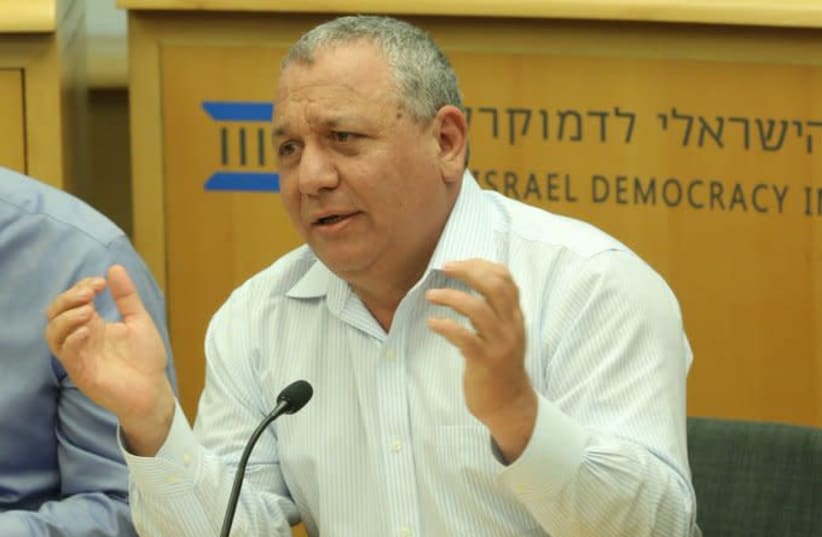“The fact that Israel lacks a formal security policy enshrined in law is a flaw and an abdication of responsibility," Eisenkot told the attendees at the conference. "This must be addressed so as to provide guidance to IDF commanders.”
As for the shooting incident in Hebron, he said that the discourse around it was not new and has been plaguing the army for more than 20 years. What is worse is changes in media consumption and the way public figures address the public, succumbing to emotion or political needs and not taking a position that they might pay a price for in the short term, but they benefit from in the long run."You can't disconnect our soldiers from the discourse in Israel," he said. "A strong and moral army is the kind that knows how to withstand challenges."
Eisenkot also criticized the lack of order for joint service between men and women:"A lack of order is equivalent to a city with no traffic lights," he said. "It would be insufferable and the order was seen as a threat unfortunately, an attempt to bring in an agenda. But it's a product of five years of work. Its purpose was to set rule and principles and it improved the norms for commanders and soldiers."
He talked about the "lone wolf" intifada and the security challenges the IDF dealt with during his time:"IDF security challenges are equivalent to a large iceberg," he said. "The public and the media can see the tip of the iceberg because, factually speaking, we were dealing with operations that have kept the army under the radar of Israeli society. There are huge challenges from the nuclear program and the terror tunnel threat, the IDF has worked around the clock in recent years to stop Iran from establishing itself [on our borders]. There is a huge difference between what they thought they would accomplish and what they actually did."
He noted that even in the case of the lone wolf attacks, which could have easily deteriorated into a third Intifada, proper management of the methods of allowing Palestinian workers into Israel allowed Israelis continue living a normal life."Israel's strategic position is very much improved as compared to the past," he said.
"Although Israel is not currently facing an existential threat, the most important element of IDF's strength is the resilience and social cohesion within Israel," he continued. "In Israel’s reality, integrating different populations into the military is a powerful component, and must be preserved in the future. It is impossible to ignore the fact that today there are fewer recruits today and that the youth views the army differently."
